How the U.S. Government Segregated America
Pacific Standard Magazine
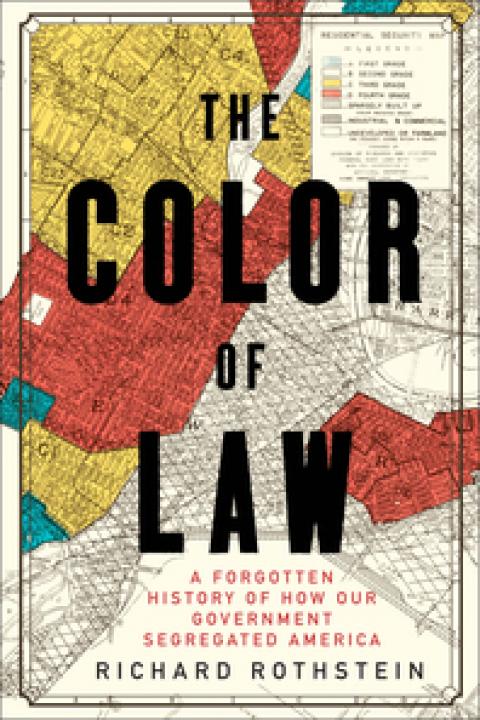
This book is an updated telling of the history of the federal government's role in creating our nation's racially segregated neighborhoods and all-white suburbs.


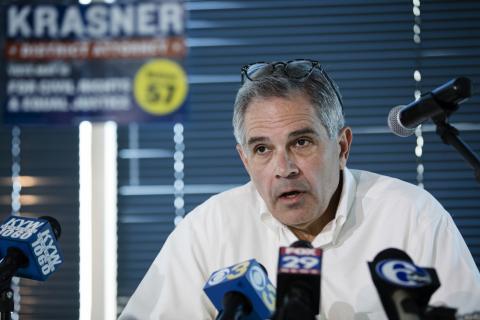

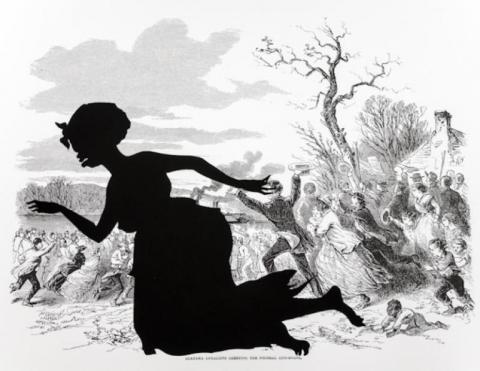
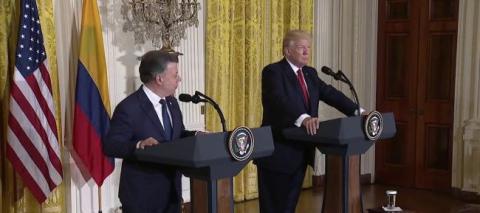
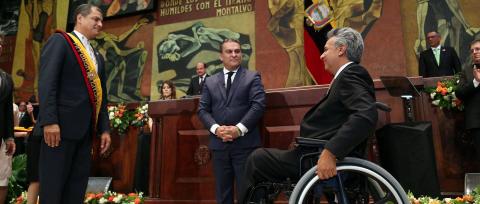
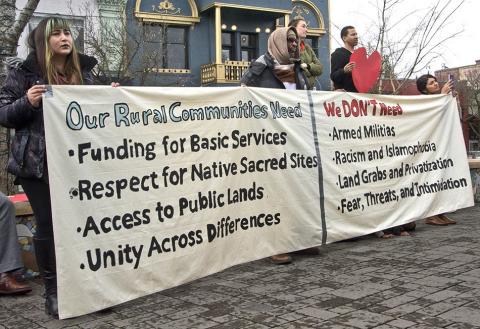
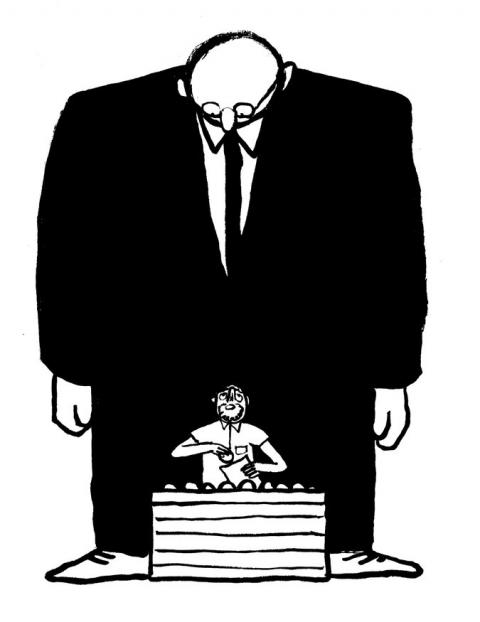
Spread the word